The best DNA test kits 2022: discover your heritage and genetic traits
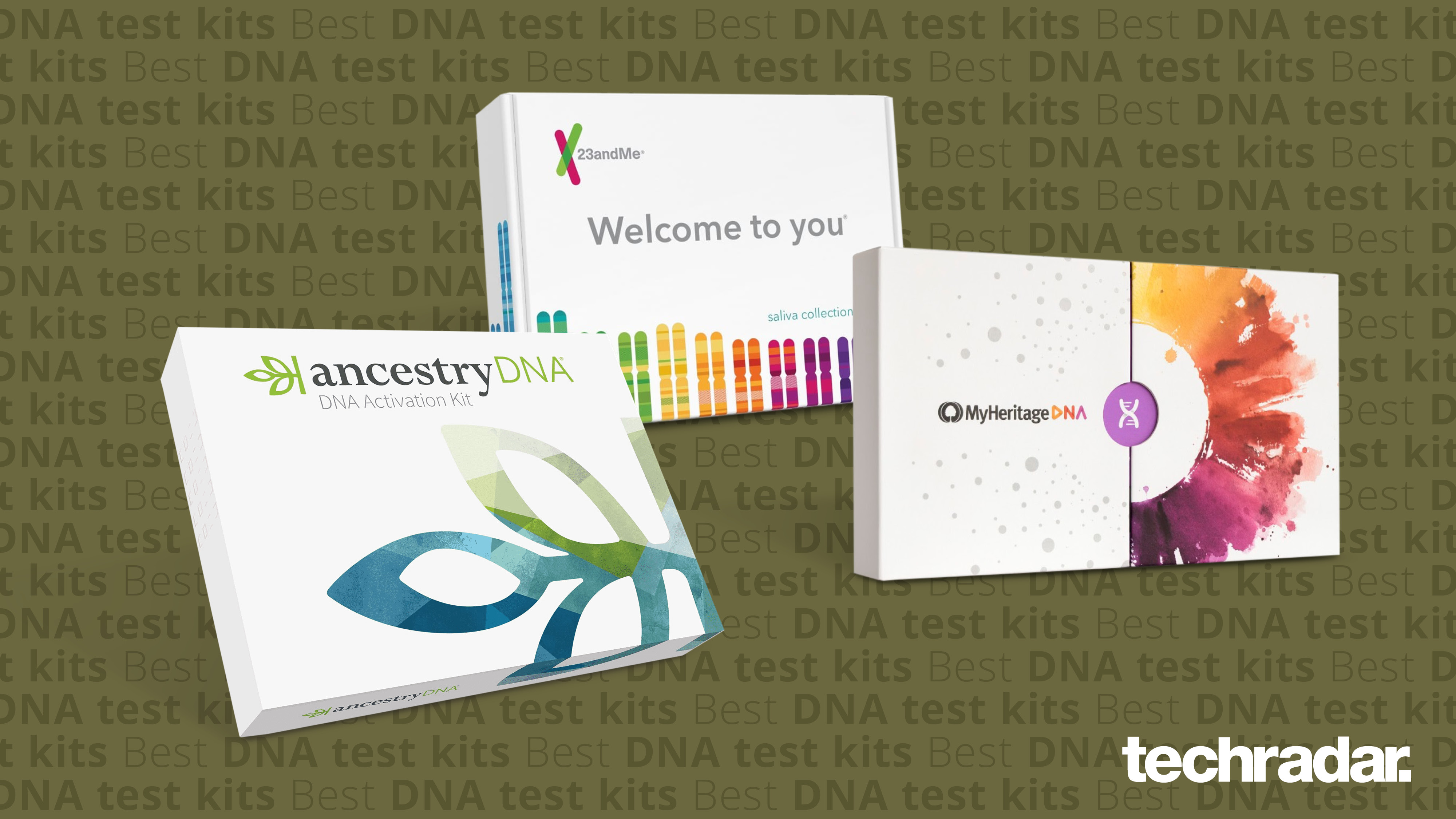
Sign up for breaking news, reviews, opinion, top tech deals, and more.
You are now subscribed
Your newsletter sign-up was successful
We've put the best DNA test kits to the test to find out which one gives you the most detailed, accurate and interesting results.
DNA test kits all work in a similar way: you send off a cheek swab, or a sample of saliva, then receive a set of results that you can view through an online dashboard (or, in some cases, as a PDF) within a few weeks.
Some kits will give you data on your heritage, providing an estimate of where your distant ancestors are likely to have hailed from. These services might also be able to put you in touch with distant relatives, and help you build your family tree. Others focus on your predisposition to certain diseases, and whether you're likely to be a carrier for genetic conditions such as sickle cell anemia.
Whichever one you choose, bear in mind that the data provided is only a guide. In the case of health tests in particular, it's important to discuss the results with your doctor if you're concerned, and if you know that you have a family history of cancer, for example, it might be wiser for any genetic testing to be carried out with professional counselling.
The best DNA test kits
Why you can trust TechRadar
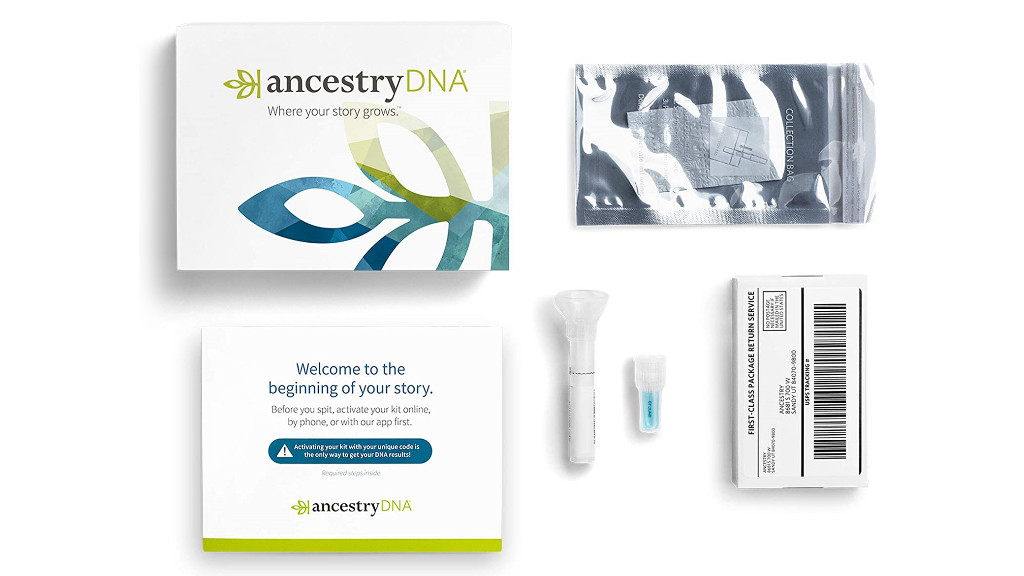
1. AncestryDNA
Specifications
Reasons to buy
Reasons to avoid
AncestryDNA, as the name suggests, is focused on helping you track your heritage and complete your family tree. If you're interested in finding out your susceptibility to certain health conditions, you'll be better served by one of the other DNA test kits in this roundup.
However, if you're dying to know more about your family then AncestryDNA is the best DNA test kit you can choose. That's mostly thanks to its sheer popularity; its millions of users mean there's an unusually large database at its disposal, and you're far more likely to be able to connect with distant members of your family than with other tests. Indeed, you may find thousands of people who share DNA with you.
You'll also be presented with an interactive map showing where your ancestors hail from. Clicking on a country will allow you to learn more about it, and if a lot of your relatives lived there, you'll be able to see figures broken down into individual regions.
These extensive genealogy tools come at a price, though. While most DNA test kits carry a one-off fee, some of AncentryDNA's best features (such as the ability to create a family tree and connect with relatives) require a subscription. There are different plans available depending on home much extra data you want to access.
It's an excellent package and ideal for anyone building up their family tree.
Read our full AncestryDNA review
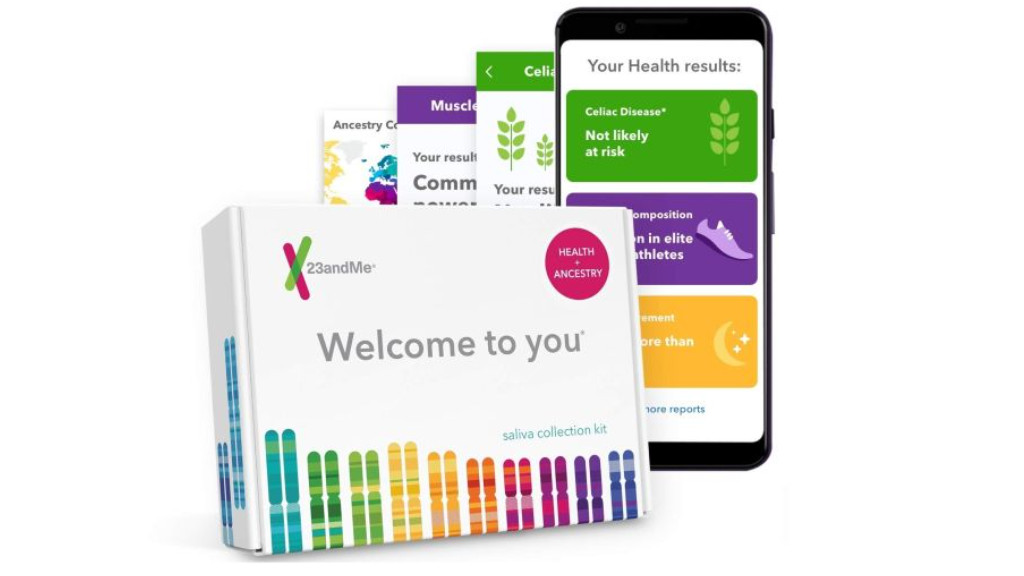
2. 23andMe
Specifications
Reasons to buy
Reasons to avoid
23andMe is one of the most popular home DNA testing kits in the world, and it's easy to see why.
There are two kits available, both of which are reasonably priced (with discounts often available on Black Friday). The Ancestry test is the cheaper of the two, and is the one to opt for if you're particularly interested in tracing your heritage and building your family tree. The slightly more expensive Health and Ancestry kit also tells you your predisposition to certain illnesses, as well as specific traits (such as hair and eye color), and carrier status for conditions such as sickle cell anemia.
This is a lot more than most DNA health tests give you, and while the traits section is only really there for novelty value, it's all interesting information.
If that sounds like an overwhelming amount of data, don't worry; it's all presented very neatly in an online dashboard (no awkward PDF reports here), with clear graphs and charts accompanied by plenty of explanatory text to help you interpret them.
You can also use 23andMe's services to contact relatives, and as with MyHeritage, below, the service's sheer popularity means you're likely to find some matches.
Read our full 23andMe review
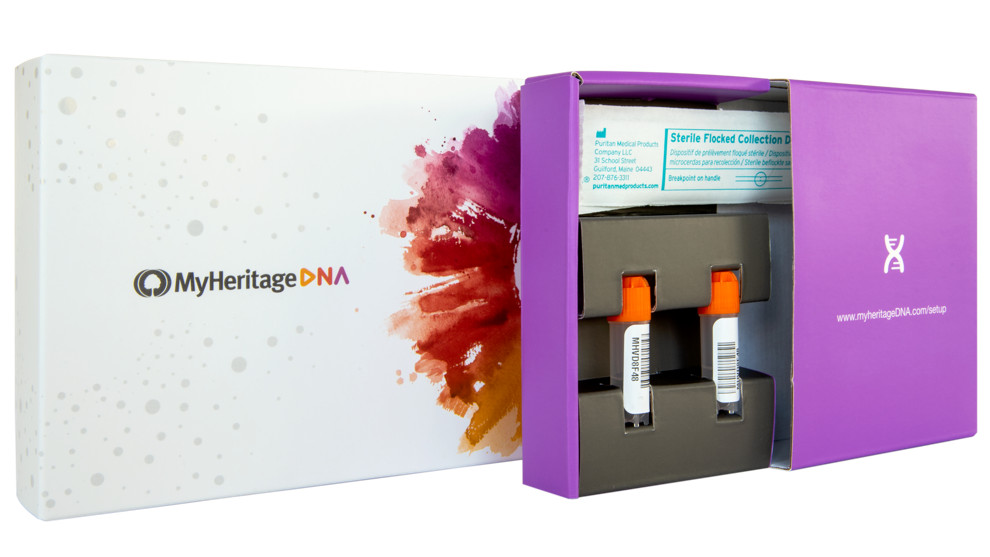
3. MyHeritage
Specifications
Reasons to buy
Reasons to avoid
MyHeritage is one of the most affordable DNA test kits in this roundup, though as with AncestryDNA, some of its best features require an ongoing subscription. These include AutoClusters, which allow you to find shared ancestors.
MyHeritage used to offer two kits (one for ancestry, and another that also covered genetic health risks), but it's now pared down its offering to just cover heritage. It does this using a database of details from 2,114 geographic regions, and allows you to browse through a huge database of international records including news articles and ID documents.
When we tested MyHeritage, we found that although the results took a little longer to arrive compared with some of its competitors, all the information we reveived was clearly presented and accompanied by lots of guidance to help us understand exactly what it meant.
Read our full MyHeritage review
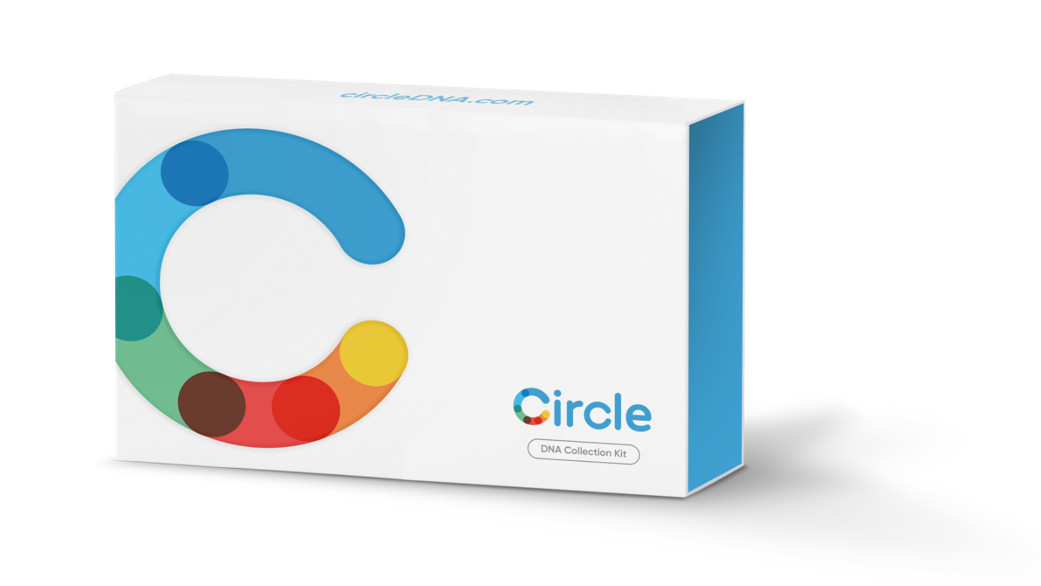
4. CircleDNA
Specifications
Reasons to buy
Reasons to avoid
CircleDNA (owned by Prenetics) offers a range of testing kits, some of which are accompanied by coaching and counselling to help you make the most of your results. The Circle Premium package is very expensive, costing £499 / $629 / AU$929, but gives you over 500 data points to browse through. These are presented as a PDF, but CircleDNA also offers a mobile app that offers much more context and information, helping you properly interpret your results.
Some of these are serious, such as your relative risk of certain illnesses, but others are more frivolous, such as your language ability and entrepreneurial tendency. These latter qualities will be affected much more by environmental factors than genetics, so they are really just a novelty.
CircleDNA first launched in Hong Kong, and that's reflected in its heritage results, which are compiled from a pool of data that leans heavily towards Asia and Europe. Central American ancestry isn't represented at all. Prenetics says its data set is growing as more people take part, but it's worth bearing in mind.
Read our full CircleDNA review
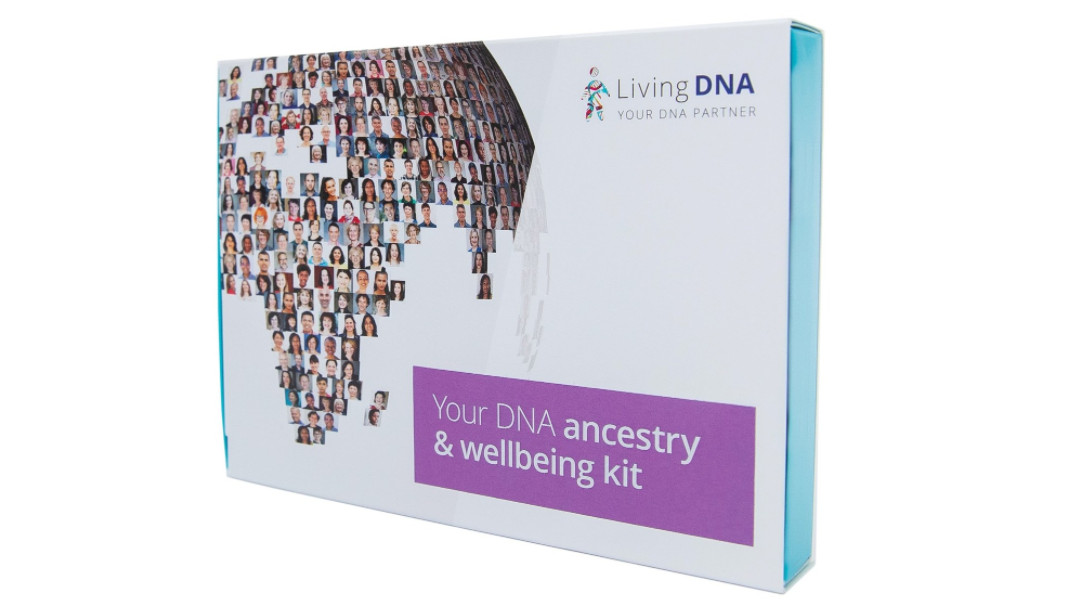
5. Living DNA
Specifications
Reasons to buy
Reasons to avoid
Living DNA, like many of the companies here, produces a range of different tests covering ancestry and health, with a premium option that covers both.
We tested the Ancestry kit, and found it refreshingly simple to use, with a video guide showing you how to take the requisite cheek swab and send it off for analysis. It's far easier than spitting into a tube.
Living DNA's data set is a similar size to those of other testing companies, and we found its ancestry results surprisingly detailed at first, going as far as to pinpoint individual counties within the UK. However, results for the rest of Europe were more vague, suggesting only entire countries rather than regions within them.
The level of detail you receive will therefore depend on your background, which is worth bearing in mind if you know your ancestors hail from around the world.
Living DNA can also help you contact potential relatives through a service called Family Networks. This will, of course, depend on your distant family members having taken the same test, but it's a nice idea and one that could be helpful if you're trying to grow your family tree.
Read our full Living DNA review
- Check out our guide to the best fitness trackers
Sign up for breaking news, reviews, opinion, top tech deals, and more.

Cat is TechRadar's Homes Editor specializing in kitchen appliances and smart home technology. She's been a tech journalist for 15 years, having worked on print magazines including PC Plus and PC Format, and is a Speciality Coffee Association (SCA) certified barista. Whether you want to invest in some smart lights or pick up a new espresso machine, she's the right person to help.